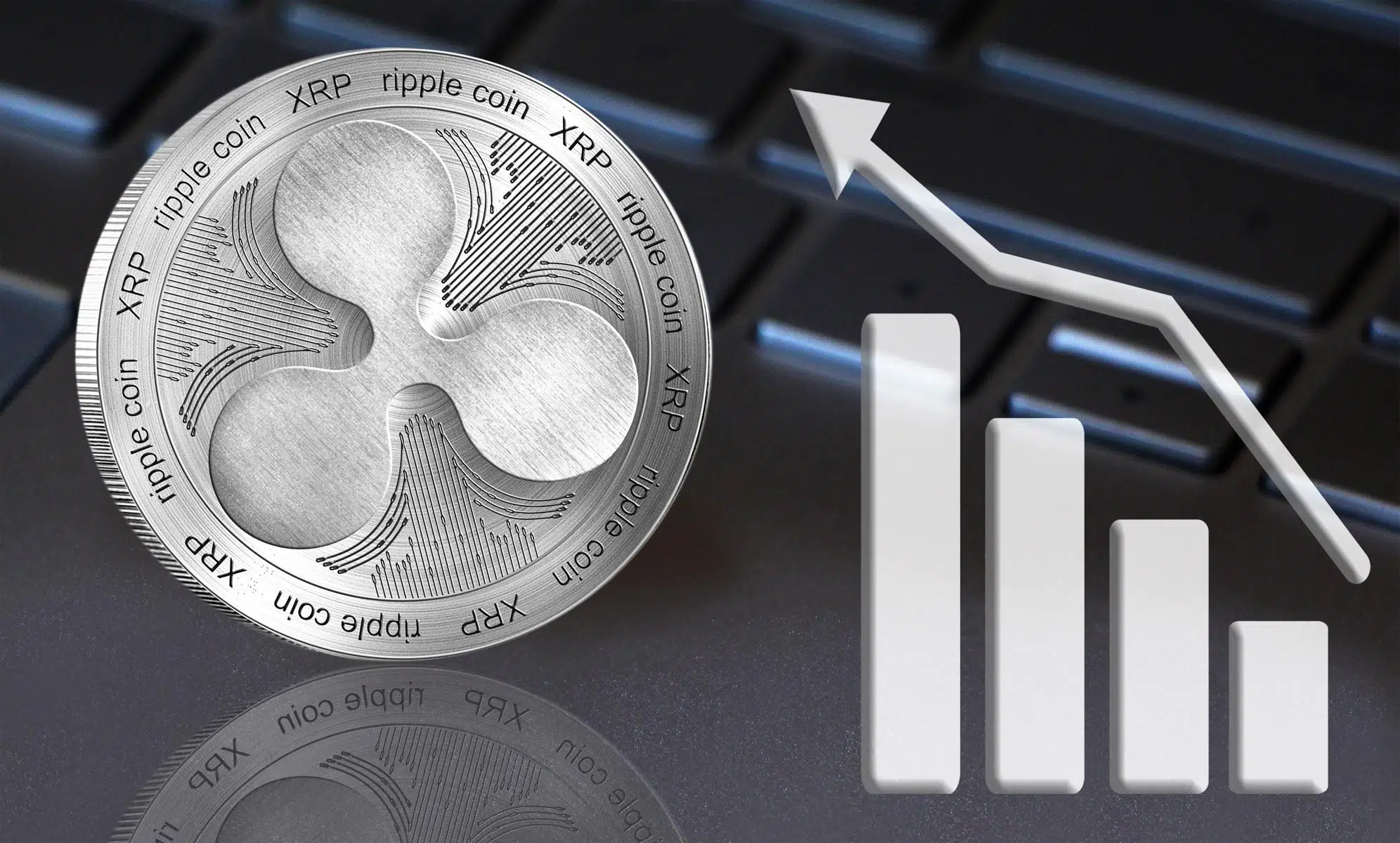Ripple vs. SEC: A Detail of the Criticisms and Legal Battles
Ripple challenges Gensler’s handling of the SEC, highlighting legal failures and controversial connections to financial figures. Ripple’s SEC victory redefines XRP’s classification, briefly boosting its market value. The conflict between Ripple and the U.S. Securities and Exchange Commission (SEC) has become a landmark case reflecting the tensions between financial innovation and regulation. Stuart Alderoty, Ripple’s [...]


- Ripple challenges Gensler’s handling of the SEC, highlighting legal failures and controversial connections to financial figures.
- Ripple’s SEC victory redefines XRP’s classification, briefly boosting its market value.
The conflict between Ripple and the U.S. Securities and Exchange Commission (SEC) has become a landmark case reflecting the tensions between financial innovation and regulation. Stuart Alderoty, Ripple’s Chief Legal Officer, has recently expressed his views on Gary Gensler, Chairman of the SEC, noting several concerns about his management and the consequences for the industry.
Alderoty questions Gensler’s leadership skills and his ability to find career opportunities outside of the SEC, pointing to four problem areas during his tenure.
Among these, he highlights the SEC’s legal defeats, allegations of dishonesty toward his lawyers, the agency’s IT security, and Gensler’s indirect connections to controversial figures in the financial sector.

This standoff intensifies with Ripple’s legal victory in 2023, when a federal judge ruled that XRP sales do not qualify as securities under U.S. law. This ruling not only represented a breakthrough for Ripple, but also briefly boosted the value of XRP, demonstrating the influence of court decisions on the cryptocurrency market.
In addition, the case against Grayscale, where the SEC initially rejected the conversion of its Bitcoin Trust into a spot Bitcoin ETF, culminated in a victory for Grayscale. This development, followed by the approval of several spot Bitcoin ETFs, including Grayscale’s, in 2024, marks a shift in the regulatory stance towards cryptocurrency-based financial products.
The expectation of decisions on spot Ethereum ETFs by May 2024 adds another dimension to the evolution of the regulatory framework and its adaptation to the new realities of the financial market.
This conflict not only highlights current tensions but also anticipates modifications in future cryptocurrency regulations and adoptions. The resolution of these disputes could establish important foundations, affecting both regulations and the perception and strategies of investors globally. In this scenario of change, the value of XRP will act as an indicator of how the market responds to these regulatory and judicial adjustments.
What's Your Reaction?









































































































